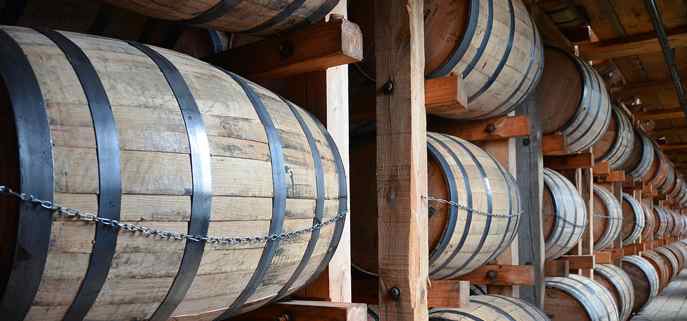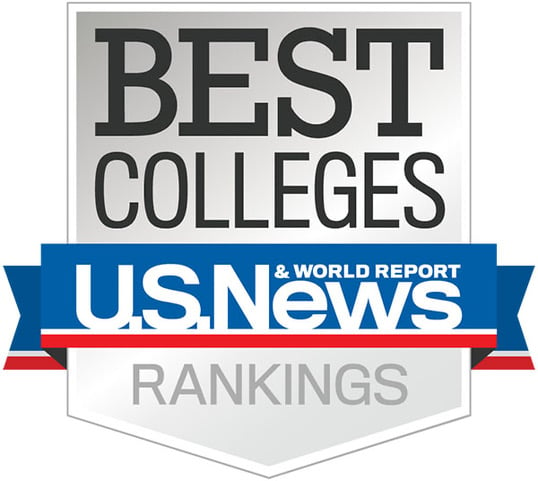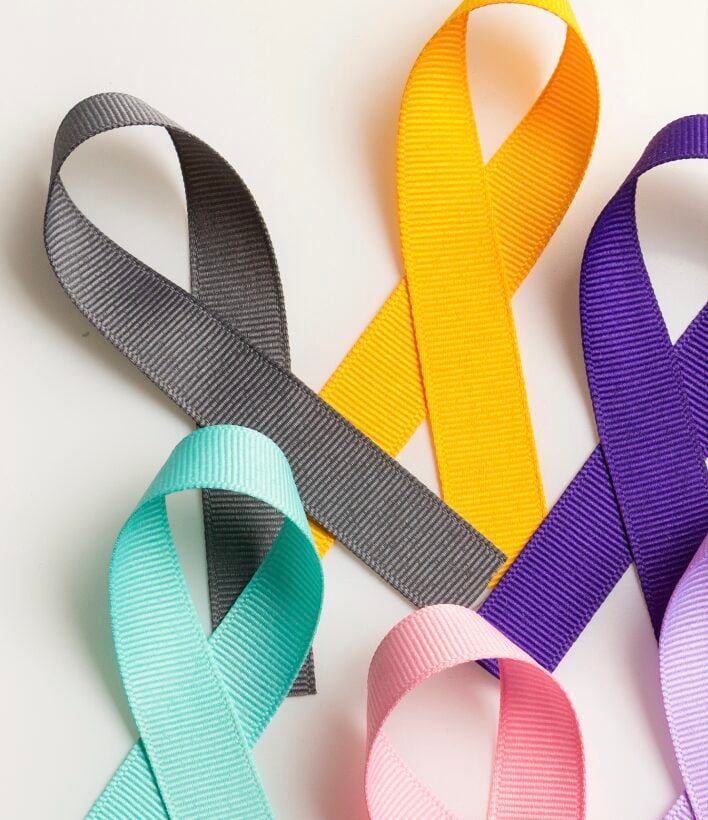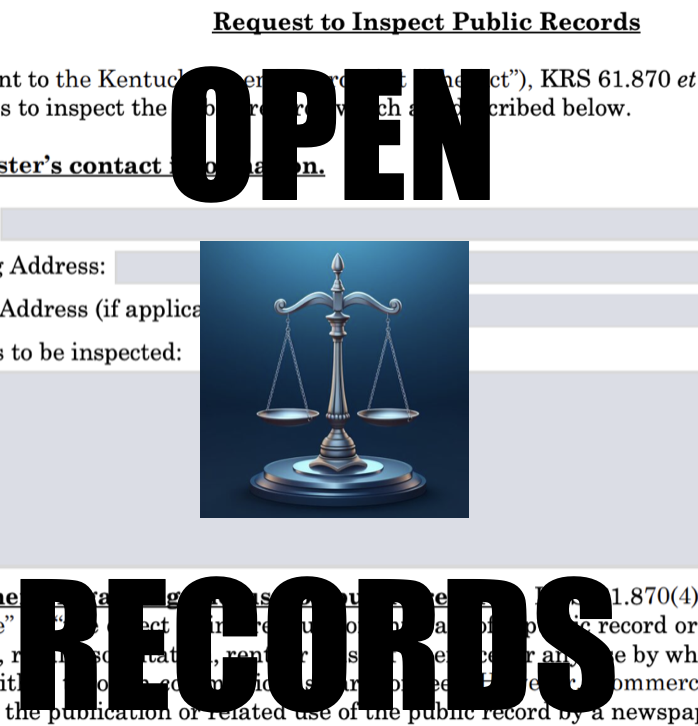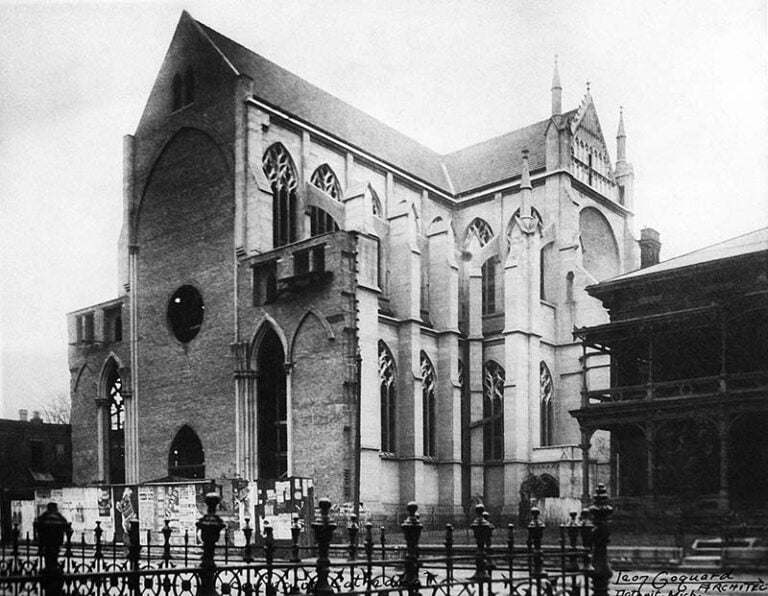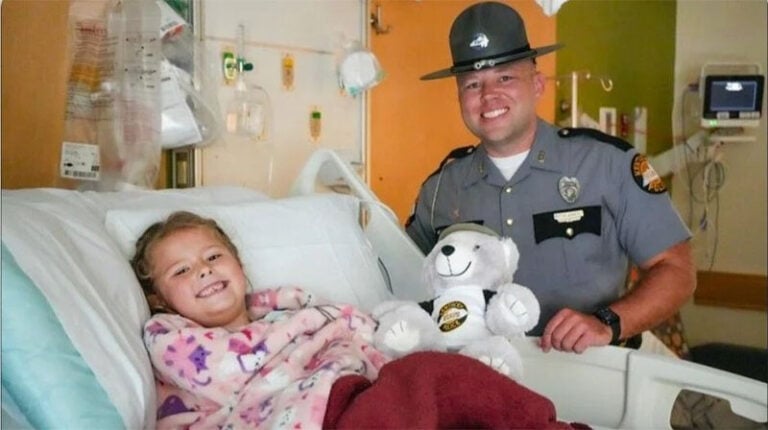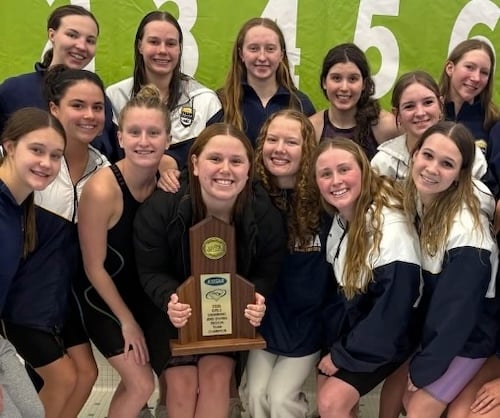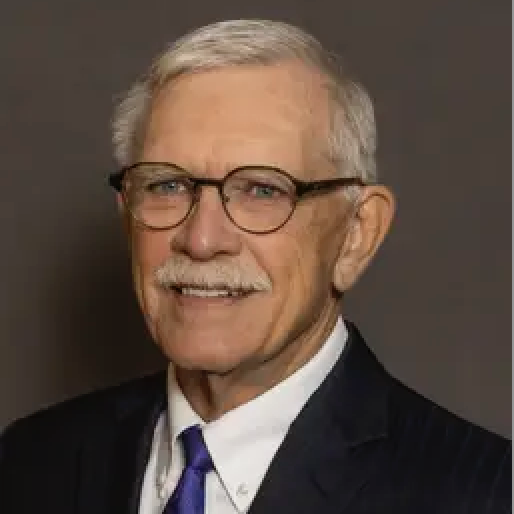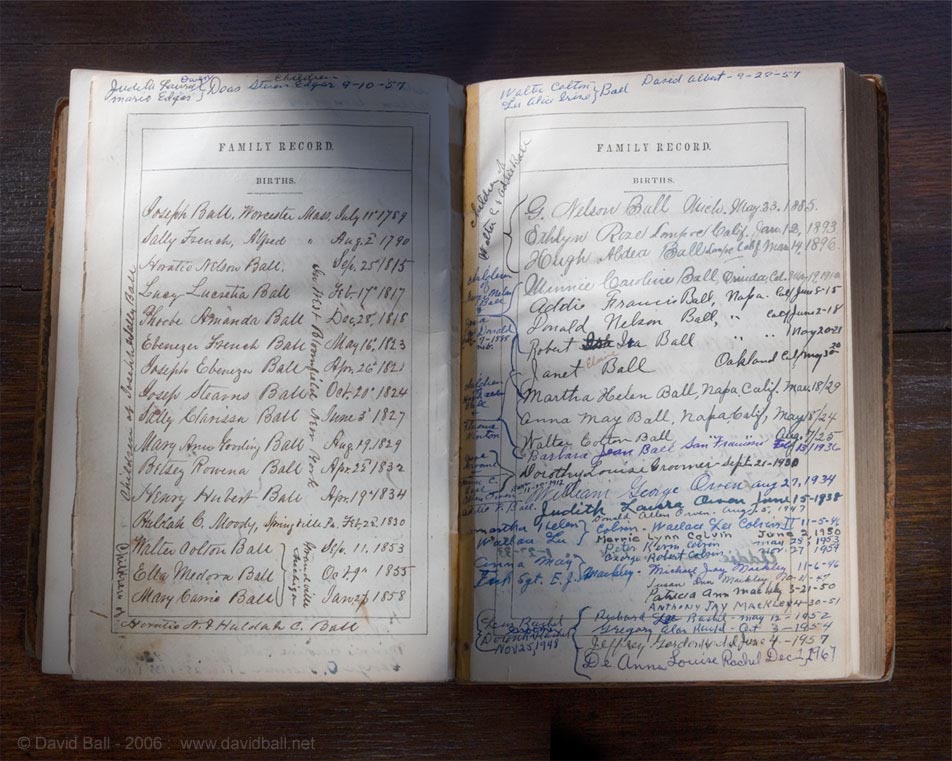
Second in a two-part series
I’ve learned a lot since embarking on my genealogical adventure. Turns out most of my family was an intrepid bunch of stout personalities who hiked their way into land that had never been seen by Europeans before. They were Germans, Scots, Irish and Englishmen, women and children. They left behind their homes and hiked into Kentucky with the clothes on their back, firearms and ammunition, some staples, stock animals, perhaps a fiddle, old folk songs in their heads, and the knowledge of how to make grain alcohol out of just about any fruit or vegetable on hand.
Some accepted enslavement as indentured servants in return for the long and torturous boat ride across “the pond.” They left an old world full of social ills, and opted to dare the wilds of an “untamed” land instead, for the simple purpose of being free. Once here, they would fight to stay free.
Other ancestors of mine met these people, tried everything from treaties to guerrilla warfare to deal with them, stop them, save their land, their culture. Intermarriage occurred, which resulted in a whole new genetic makeup. Life would never be the same for either side again – disturbingly very similar to the Syrian refugee crisis.
Which side am I on? I don’t deny the right of my European ancestors to escape circumstances, but they could have acted a whole lot better. A bunch of stuffed suits, sitting in Washington, espousing Manifest Destiny at the cost of tens of thousands of Native lives – I don’t think that can ever be justified.
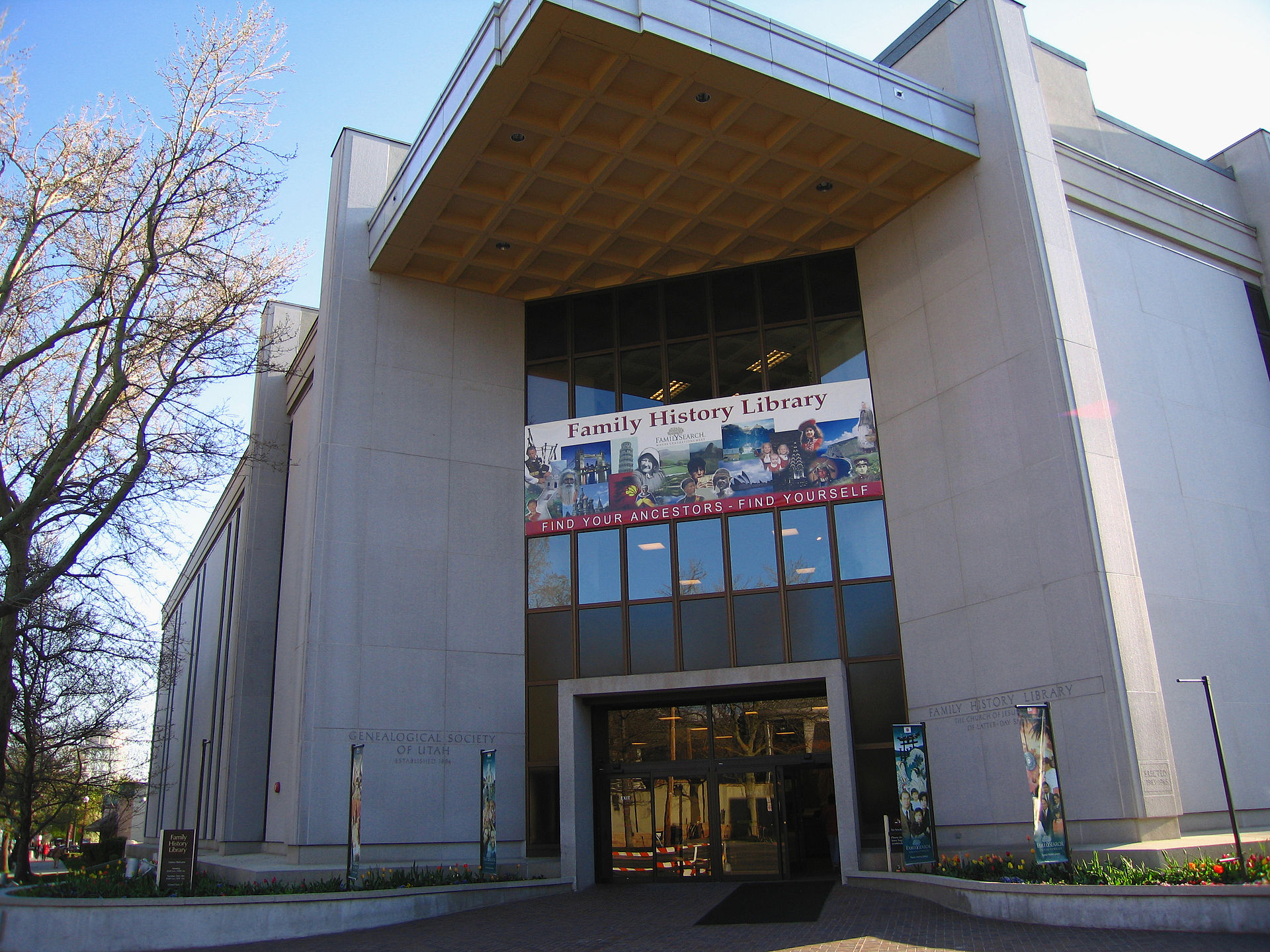
One huge difference between today and back then that stays with me – when relatives got sick or hit hard times, other relatives took them in. There was no shuffling them off to the hospitals or the old folks homes, because there weren’t any. There was no homelessness back in those hills. They took each other in and dealt with the consequences, the extra work, the extra plate at the table, the extra cleaning and laundry.
Census after census shows this – an elderly parent, in-law, uncle or aunt living with a grown child. Grown children often settled within walking distance of their parents. They birthed their babies themselves, tended their sick and dying, and buried their kin. Life was down to the bare bones, lived moment to moment, and was exceedingly precious. Death was a constant companion, and a devout belief in a higher being was paramount to their spiritual survival. They believed in their fight, right or wrong. They became thousands of small clans, fighting that fight for generations, in a canopy of exquisite forest, fraught with danger and delight.
Interested in researching your family history? Need help? No worries, the online genealogy community is amazing. I’d say Facebook has a page for nearly every family name out there. A big help is working with a group of people involved in the same search, sharing ideas, information, resources and tips – a group like the one I work with on Facebook.
Not just family research for its own sake, but there are many heritage organizations you can join if you meet their standards. There are the Sons and Daughters of the Revolution, Sons and Daughters of the Confederacy, Sons and Daughters of the Union, Sons and Daughters of the War of 1812, Viet Nam, Korea, Middle East and “Colored” divisions of nearly all of those. There are several noted Native American tribes and other ethnic groups you can work toward, such as the Scottish Clan Napier. There is the Daughters of Associated American Witches, Prisoners Of War, Signers of the Magna Carta, Fighters at the Alamo, The Slave Archival, and that’s just the A’s. Come from a long line of somebodies? Check it out at the Complete List of Hereditary Societies.
I have learned so much from my online friends, mainly about documentation, which is rigid in these organizations. All of my Revolutionary ancestors have been proven, but the task is to mark a paper trail from them to me. That, quoting Shakespeare, is the “rub.” Due to the lack of such a paper trail, I may not meet their standards.
While my ancestors are there in censuses, actual birth, marriage and/or death certificates are hard to find, and that’s what the DAR wants. Up in the mountains of Southeast Kentucky, 200 years ago, trips to town were few and far between. Getting through a birth, marriage or death was hard enough, without worrying about hiking the 20 mile horse path through the heavily forested mountains, to record it in town, if there was a town nearby.
I was surprised to learn all this research is sanctioned and encouraged by the national government, which obviously sees the value in millions of its citizens engrossed in the preservation of the history of the nation. There is an Advisory Council on Historic Preservation which helped to pass the National Historic Preservation Act of 1966, which asserts that:
“It shall be the policy of the federal government, in cooperation with other nations and in partnership with the states, local governments, Indian tribes, and private organizations and individuals to … use measures, including financial and technical assistance, to foster conditions under which our modern society and our prehistoric and historic resources can exist in productive harmony and fulfill the social, economic, and other requirements of present and future generations.” (16 U.S.C. 470-1). Executive Order 13287, “Preserve America,” signed by President George W. Bush on March 3, 2003, recognized this mandate of preserving “the unique cultural heritage of communities and of the nation, and to realize the economic benefit that these properties can provide.”
The weather map is showing a crimson line of storms with lightning heading my way, and that is sure to wipe out my Internet. I’ll have to appease myself by organizing files instead of traveling back in time tonight. I’ll grab all the little notepad messages and file them according to each ancestor. I’ll gather all the miscellaneous files, censuses, certificates, pensions, will, photos, etc., and file them according to generation. I’ll update information on my pedigree program. It’s not the real meat of the matter, but it staves off withdrawal. It may look like coffee, as “lawyer” Thelma used to say, but it won’t cure the headache.
If you are interested in pursuing your heritage:
Contrary to popular belief, it doesn’t take a lot of money to research your ancestors. You can buy memberships for some ancestry sites online, but the mother of them all, the oldest, in my opinion the best, is the Church of the Latter Day Saints site, FamilySearch, which is completely free. This organization has one of the most incredible collections of genealogical data available, and not only that, they have offices in most large towns (Lexington), where you can order certain files not available online, and then go in and look through them with the help of a volunteer. And, they have an online pedigree app where you can build your family tree, save files, photos, etc., as you come across them. You can make your tree private or public.
If you’re going to do genealogy, be polite to people. If you have used some material they’ve found, credit them with it. Credit your sources whenever you find something, even the smallest piece of information. By all means, it is never cool to include living people in your online tree, especially if you haven’t made it private. Respect people’s privacy at all times.
A Google account to do your browsing with will save your bookmarks so that if your computer fails, you will still have all your resource material. Start organizing your bookmark file early, though – you have two parents, four grandparents, eight great-grandparents, 16 great-great-grandparents, 32 great-geat-great-grandparents, and so on – it will get out of hand. Buy a 128 GB flash drive and save everything. I work from mine.
Two great articles to read right off the bat:
8 Things New Genealogists Waste Money On on the Ancestral Findings website
50 Free Genealogy Sites To Search Today
Happy hunting!
Lyn Hacker is a Lexington native raised by Appalachian parents to be not only educated but proficient in the living arts – working very hard, playing music, growing gardens, hog farming, orchard management and beekeeping. The UK graduate has been a newspaper staff writer and production manager, a photography lab manager, a Thoroughbred statistics manager, a Bluegrass singer and songwriter, a registered respiratory therapist, a farmer, a Standardbred horsewoman, a Red Barn Radio promoter and a beekeeper. She lives on a farm in Sadieville.
To read more from Lyn Hacker, click here







